Walking down the streets of Ottawa, you’ll notice something different. Not just the awe-inspiring Parliament Hill or the Rideau Canal, but the conversations. Half the people sipping lattes at Bridgehead Coffee are debating public policy, the other half are brainstorming the next big tech startup. Nearly 50% of Ottawans hold a university degree, a statistic that makes you wonder: is Ottawa the most educated city in Canada? It’s a question that’s been on the minds of researchers like Richard Florida, urban scholar and author of the groundbreaking book "The Creative Class Revisited", and economist David Foot, who has studied the city’s demographics extensively. Even Malcolm Gladwell, the master storyteller of human behavior, might find Ottawa’s educational landscape a fascinating case study.
But let’s not get ahead of ourselves. While Ottawa boasts an impressive concentration of degree-holders, other cities like Toronto, Vancouver, and Montreal also have their own educational claims to fame. Toronto’s globally ranked universities, Vancouver’s international student draw, and Montreal’s bilingual academic excellence all pose strong competition. So, is Ottawa truly the most educated city in Canada? Or is it a friendly battle for the top spot? This article dives into the numbers, the stories, and the future of education in Ottawa, comparing it to other major Canadian cities and exploring how artificial intelligence could revolutionize the way we track and enhance education.
For the latest news and insights on Ottawa’s education sector, check out Ottawa News.
Ottawa’s Educational Landscape: A Statistical Overview
When it comes to education, Ottawa doesn’t just talk the talk—it walks the walk. The city’s educational credentials are backed by hard data, making it a prime contender for Canada’s most educated city. Let’s break it down.
University Degrees & Educational Attainment
Ottawa’s crown jewel is its high percentage of residents with university degrees. According to Statistics Canada, nearly 50% of Ottawans aged 25 to 64 hold a bachelor’s degree or higher, compared to the national average of around 30%. That’s not just a number; it’s a testament to the city’s culture of learning. Toronto, with its towering skyscrapers and bustling financial district, comes close but falls short with a degree concentration of about 40%. Vancouver, known for its scenic beauty, also trails behind at around 38%. Montreal, while a powerhouse in bilingual education, sits at approximately 34%. Ottawa’s secret? A strong presence of federal government jobs, which often require higher education qualifications.
Research & Innovation Hubs
Ottawa is home to some of Canada’s most respected educational institutions, including University of Ottawa, Carleton University, and Algonquin College. These aren’t just places where students cram for exams; they’re innovation hubs driving research and development. Add to that federal research labs like the National Research Council (NRC) and Statistics Canada, and you’ve got a city that’s a hotbed of intellectual activity.
Employment in Knowledge-Based Sectors
Education isn’t just about degrees—it’s about how those degrees translate into careers. Ottawa’s job market is dominated by knowledge-based sectors like technology, public policy, and healthcare. The city’s tech scene, often referred to as “Silicon Valley North,” includes giants like Nortel Networks and Shopify. While Toronto’s finance sector and Waterloo’s tech scene are impressive, Ottawa’s blend of public and private sector opportunities gives it a unique edge.
For more on Ottawa’s education and employment trends, visit Ottawa News.
How Ottawa Compares to Other Canadian Cities
Toronto: The Financial & Academic Powerhouse
When it comes to education, Toronto is often seen as Ottawa’s biggest rival. Home to the University of Toronto, one of the top-ranked universities globally, Toronto boasts a strong academic reputation. However, while Toronto has a larger population, its percentage of residents with university degrees is slightly lower than Ottawa’s. This is partly because Toronto’s economy is more diverse, with a heavy focus on finance, entertainment, and manufacturing. In contrast, Ottawa’s government and tech sectors tend to attract highly educated professionals. Still, Toronto’s sheer size and the prestige of its institutions make it a formidable competitor in the education race.
Vancouver: A Hub for International Students
Vancouver is another city that gives Ottawa a run for its money. With the University of British Columbia (UBC) consistently ranking among the best in the world, Vancouver has become a magnet for international students. This influx of global talent has boosted the city’s educational profile. However, Vancouver’s high cost of living can be a barrier for many students and professionals, potentially limiting its long-term educational growth. While Ottawa may not have the same international allure, its affordability and stable job market make it an attractive option for those looking to settle down and build a career.
Montreal: Bilingualism & Higher Education
Montreal, with its rich cultural heritage and bilingual population, offers a unique educational landscape. The city is home to McGill University and the Université de Montréal, both of which are highly respected institutions. Montreal’s bilingualism adds an extra layer of complexity to its educational system, as students often need to be proficient in both English and French. This can be both a strength and a challenge. While it prepares students for a globalized world, it can also be a barrier for those who are not fluent in both languages. Ottawa, with its predominantly English-speaking population, doesn’t face this particular hurdle, making it more accessible to a broader range of students.
Government Influence on Education in Ottawa
Federal Jobs & Education Requirements
One of the key factors that set Ottawa apart is its status as Canada’s capital. The city is home to numerous federal government departments and agencies, many of which require employees to have advanced degrees. This creates a high demand for educated professionals, driving up the city’s overall educational attainment levels. For example, jobs at Health Canada or the Statistics Canada often require specialized knowledge and qualifications. This symbiotic relationship between the government and the education sector ensures that Ottawa remains a hub for highly skilled workers.
Funding & Educational Infrastructure
The federal government also plays a significant role in funding Ottawa’s educational institutions. Grants and subsidies to universities like the University of Ottawa and Carleton University help maintain high academic standards and support cutting-edge research. Additionally, Ottawa’s public libraries, museums, and lifelong learning programs are well-funded, providing residents with ample opportunities for continuous education. This robust educational infrastructure not only benefits current residents but also attracts new talent to the city, further solidifying its reputation as an educational powerhouse.
Challenges to Ottawa’s Education Dominance
While Ottawa boasts impressive educational statistics, it’s not without its challenges. The city faces several hurdles that could threaten its position as one of Canada’s most educated cities. Let’s break down the key issues.
Brain Drain to Other Cities
One of the most pressing challenges is the so-called “brain drain.” Many graduates from Ottawa’s universities, such as the University of Ottawa and Carleton University, are lured away by opportunities in larger cities like Toronto or even tech hubs like Silicon Valley. The allure of higher salaries, more diverse job markets, and the promise of career growth often outweigh the benefits of staying in Ottawa. This migration of talent could weaken the city’s intellectual capital over time.
Affordability & Student Debt
Another significant issue is the rising cost of education and the burden of student debt. While Ottawa is home to world-class institutions, tuition fees have been steadily increasing. This financial strain can deter potential students from pursuing higher education or force them to leave the city after graduation to seek higher-paying jobs elsewhere. The average student debt in Canada is around $28,000, and Ottawa is no exception. This financial pressure can limit the city’s ability to retain its educated workforce.
Competition from Emerging Tech Hubs
Ottawa is also facing stiff competition from other Canadian cities that are investing heavily in education and technology. Cities like Calgary, Edmonton, and Halifax are emerging as new tech hubs, offering attractive incentives for startups and tech companies. These cities are also investing in their educational infrastructure, making them more appealing to students and professionals alike. For example, Calgary’s University of Calgary has been expanding its tech programs, while Halifax’s Dalhousie University is gaining recognition for its research initiatives. This competition could dilute Ottawa’s dominance in the education and tech sectors.
For more insights into Ottawa’s challenges and opportunities, visit Ottawa News.
Future Projections: Can Ottawa Maintain Its Lead?
Looking ahead, Ottawa’s ability to maintain its status as one of Canada’s most educated cities will depend on several factors. Let’s explore what the future might hold for Ottawa’s educational landscape.
AI & Remote Work’s Impact
The rise of artificial intelligence and remote work could significantly impact Ottawa’s education and job markets. On one hand, AI could revolutionize education by providing personalized learning experiences and upskilling opportunities. On the other hand, the shift to remote work might lead to a more dispersed workforce, with professionals choosing to live in more affordable cities while working for Ottawa-based companies. This could either strengthen or weaken Ottawa’s intellectual capital, depending on how the city adapts to these changes.
Immigration & Skilled Workers
Immigration will play a crucial role in Ottawa’s future. The city has been successful in attracting skilled workers from around the world, thanks to its high quality of life and job opportunities in the public and tech sectors. However, competition from other cities and changes in federal immigration policies could impact Ottawa’s ability to attract and retain global talent. For example, Toronto and Vancouver are also popular destinations for immigrants, offering diverse communities and robust job markets.
Smart City Initiatives & Digital Literacy
Ottawa’s investments in smart city initiatives and digital literacy will also be key to maintaining its educational lead. The city has been working on projects to improve digital infrastructure and promote lifelong learning. For instance, Ottawa’s Smart City initiative aims to leverage technology to improve public services and enhance the quality of life for residents. These efforts could help Ottawa stay ahead in the digital age and continue to attract educated professionals.
For ongoing updates on Ottawa’s future projections, follow Ottawa News.
AI Solutions: How Could AI Help?
AI-Powered Education Tracking
Imagine a world where every student’s educational journey is meticulously tracked, analyzed, and optimized using artificial intelligence. Ottawa could lead the charge in this revolution. By leveraging machine learning algorithms, the city could analyze degree attainment trends, identify gaps in education, and predict future workforce needs. For instance, AI could analyze data from institutions like the University of Ottawa and Carleton University to determine which programs are most effective and which need improvement. This data-driven approach could help policymakers allocate resources more efficiently and ensure that Ottawa remains a hub for highly skilled professionals.
Personalized Learning & Upskilling
AI could also revolutionize how individuals learn and upskill. Imagine an AI-driven platform that recommends personalized career paths based on a person’s skills, interests, and market demand. For example, a recent graduate from Algonquin College could receive tailored recommendations for certifications or courses that align with emerging job opportunities in Ottawa’s tech sector. This would not only help individuals stay competitive but also ensure that the city’s workforce is always ahead of the curve.
Smart Policy Recommendations
AI could also play a crucial role in shaping education policy. By analyzing federal education investments and their outcomes, AI could provide actionable insights for policymakers. For instance, if data shows that certain programs at University of Ottawa are underperforming, AI could recommend targeted interventions to improve their effectiveness. This would ensure that every dollar spent on education yields maximum returns, solidifying Ottawa’s position as Canada’s most educated city.
Action Schedule/Roadmap
Day 1: Assemble a task force of educators, policymakers, and AI experts. This team will include representatives from University of Ottawa, Carleton University, and Algonquin College, as well as AI specialists from local tech companies.
Week 1: Launch a city-wide education audit using AI. This audit will collect data from all educational institutions in Ottawa, including enrollment numbers, graduation rates, and employment outcomes.
Month 1: Develop predictive models for degree demand. These models will use historical data to forecast which fields will be in high demand in the next 5-10 years, helping institutions tailor their programs accordingly.
Year 1: Implement AI-driven upskilling programs. These programs will offer personalized learning paths for individuals, ensuring that they acquire the skills needed for future job markets.
Year 2: Evaluate and adjust policies based on AI insights. The task force will review the data collected over the past year and make necessary adjustments to education policies, ensuring that Ottawa remains at the forefront of educational innovation.
Ottawa’s Educational Future: A Vision for Tomorrow
Ottawa stands at a crossroads. With nearly half of its residents holding a university degree, the city is already one of Canada’s most educated. But maintaining this status requires more than just resting on past laurels. It demands innovation, investment, and a forward-thinking approach that leverages the latest advancements in technology.
Artificial intelligence offers a unique opportunity to revolutionize education in Ottawa. From tracking educational trends to personalized learning and smart policy recommendations, AI could help the city stay ahead of the curve. But this is not just about technology; it’s about people. It’s about ensuring that every resident of Ottawa has access to the education and skills they need to thrive in an ever-changing world.
As we look to the future, one thing is clear: Ottawa has the potential to not only maintain its status as Canada’s most educated city but to set a new standard for educational excellence. By embracing AI and other innovative solutions, the city can ensure that it remains a beacon of knowledge, opportunity, and progress for generations to come.
What do you think? How can Ottawa leverage AI to enhance its educational landscape? Share your thoughts in the comments below and join the conversation. Don’t forget to subscribe to our newsletter for more insights and updates on Ottawa’s journey to becoming the shining city on the web. Subscribe now and become a permanent resident of iNthacity: the "Shining City on the Web."
FAQ
Q: What percentage of Ottawans have a university degree?
A: Nearly 50% of Ottawa residents hold a university degree, which is one of the highest rates in Canada. This is largely due to the city’s strong presence of government jobs, research institutions, and University of Ottawa and Carleton University.
Q: How does Ottawa compare to Toronto in education?
A: While Ottawa has a higher concentration of residents with degrees, Toronto is home to more top-ranked universities like the University of Toronto. However, Toronto’s larger population means its overall degree numbers are higher, even if the percentage is slightly lower.
Q: What makes Ottawa an education hub?
A: Ottawa’s status as Canada’s capital plays a big role. The city is home to federal agencies, research labs like the National Research Council, and world-class universities. These institutions attract highly educated professionals and create a culture of learning and innovation.
Q: Is Ottawa’s education system affordable?
A> While tuition costs in Ottawa are competitive, affordability can still be a challenge for some students. However, the city offers scholarships, grants, and work opportunities through government partnerships. For more local insights, check out Ottawa News.
Q: How does Ottawa compare to Vancouver in education?
A: Vancouver is known for its international student community and the globally ranked University of British Columbia. However, Ottawa’s focus on government and tech jobs gives it an edge in knowledge-based employment.
Q: Are graduates leaving Ottawa for other cities?
A> Some graduates do leave for cities like Toronto or Silicon Valley for tech opportunities. However, Ottawa’s growing tech scene and public sector jobs are increasingly retaining talent.
Q: How is AI being used in Ottawa’s education system?
A: AI is helping track education trends, predict future needs, and create personalized learning programs. For example, Ottawa-based institutions are exploring AI-driven career path recommendations to help students transition into the workforce.
Q: What’s being done to attract skilled workers to Ottawa?
A: Ottawa is leveraging immigration programs and its reputation as a tech hub to attract global talent. Initiatives like Invest Ottawa are also promoting the city as a destination for innovators and entrepreneurs.
Q: How can I stay updated on Ottawa’s education trends?
A: For the latest news and updates, visit Ottawa News on iNthacity.com. You’ll find insights on education, employment, and local policies shaping the city’s future.
Wait! There's more...check out our gripping short story that continues the journey: Streets of Stars
Disclaimer: This article may contain affiliate links. If you click on these links and make a purchase, we may receive a commission at no additional cost to you. Our recommendations and reviews are always independent and objective, aiming to provide you with the best information and resources.
Get Exclusive Stories, Photos, Art & Offers - Subscribe Today!
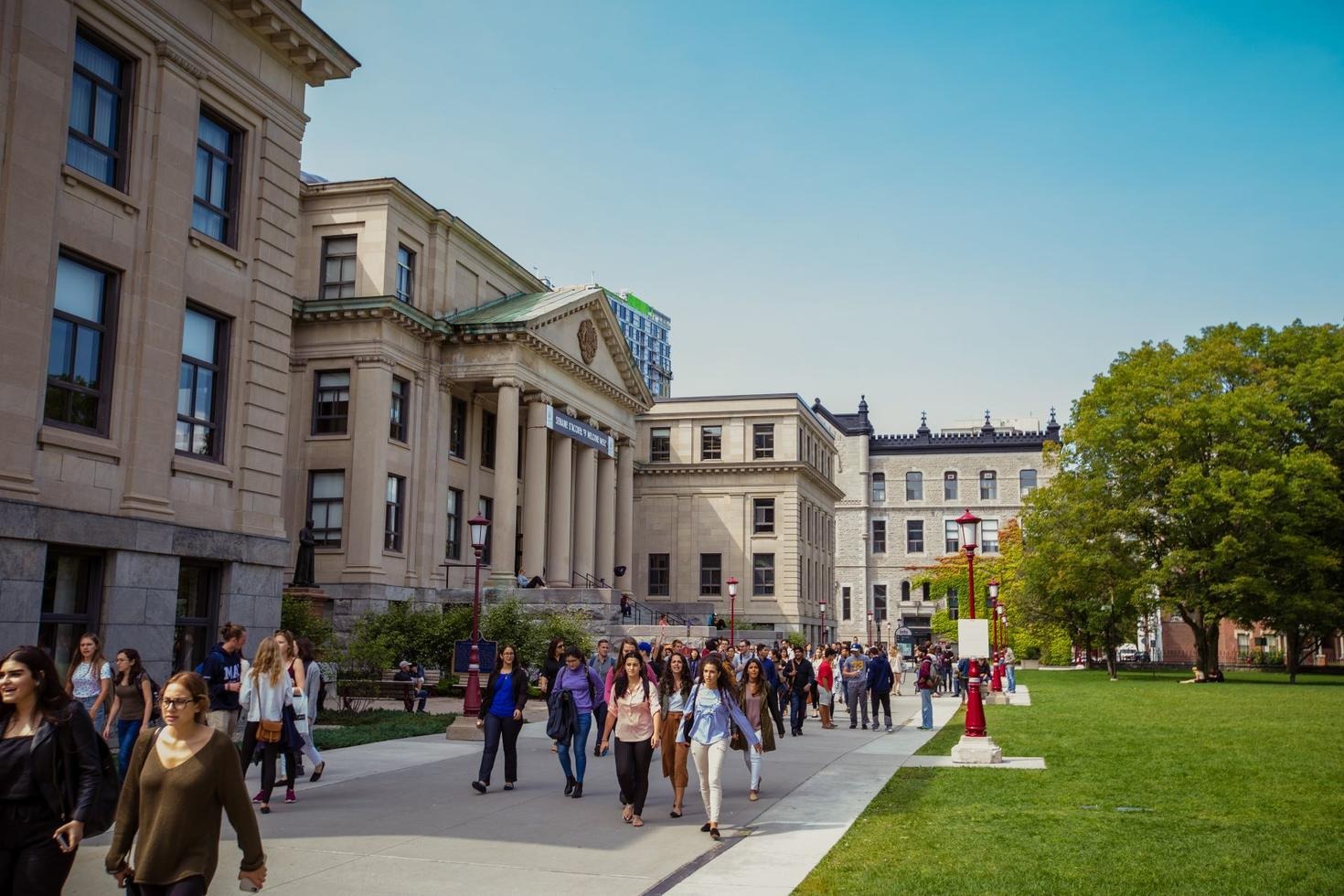
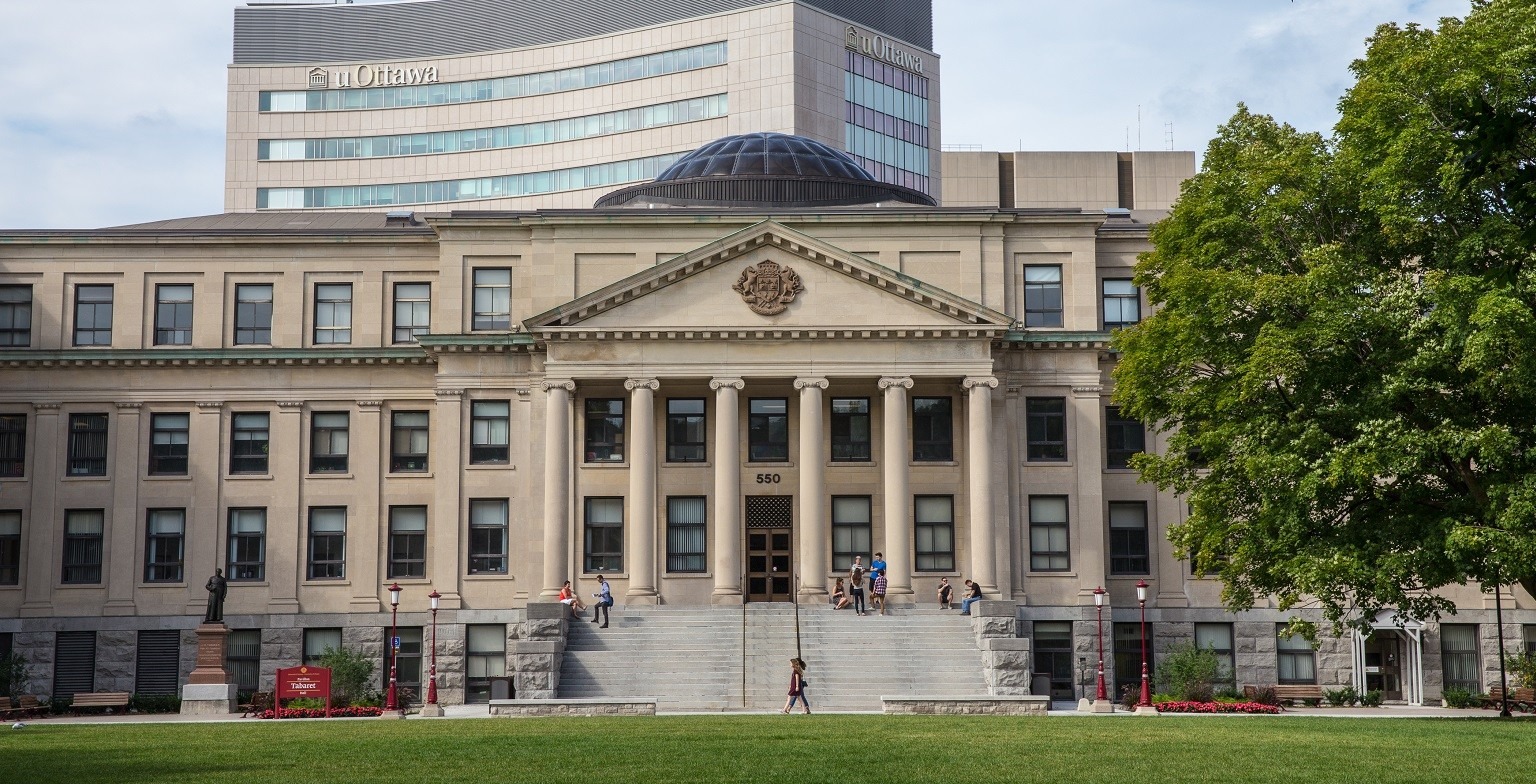
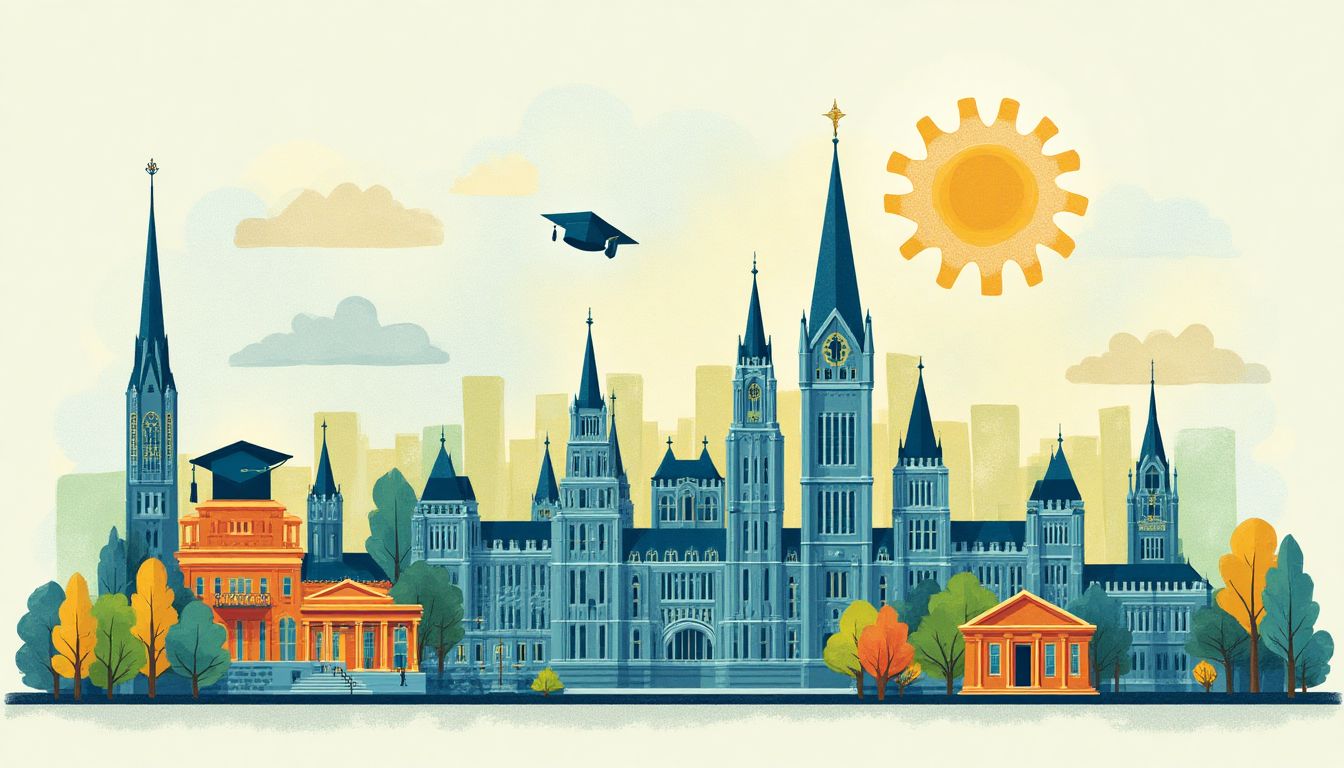
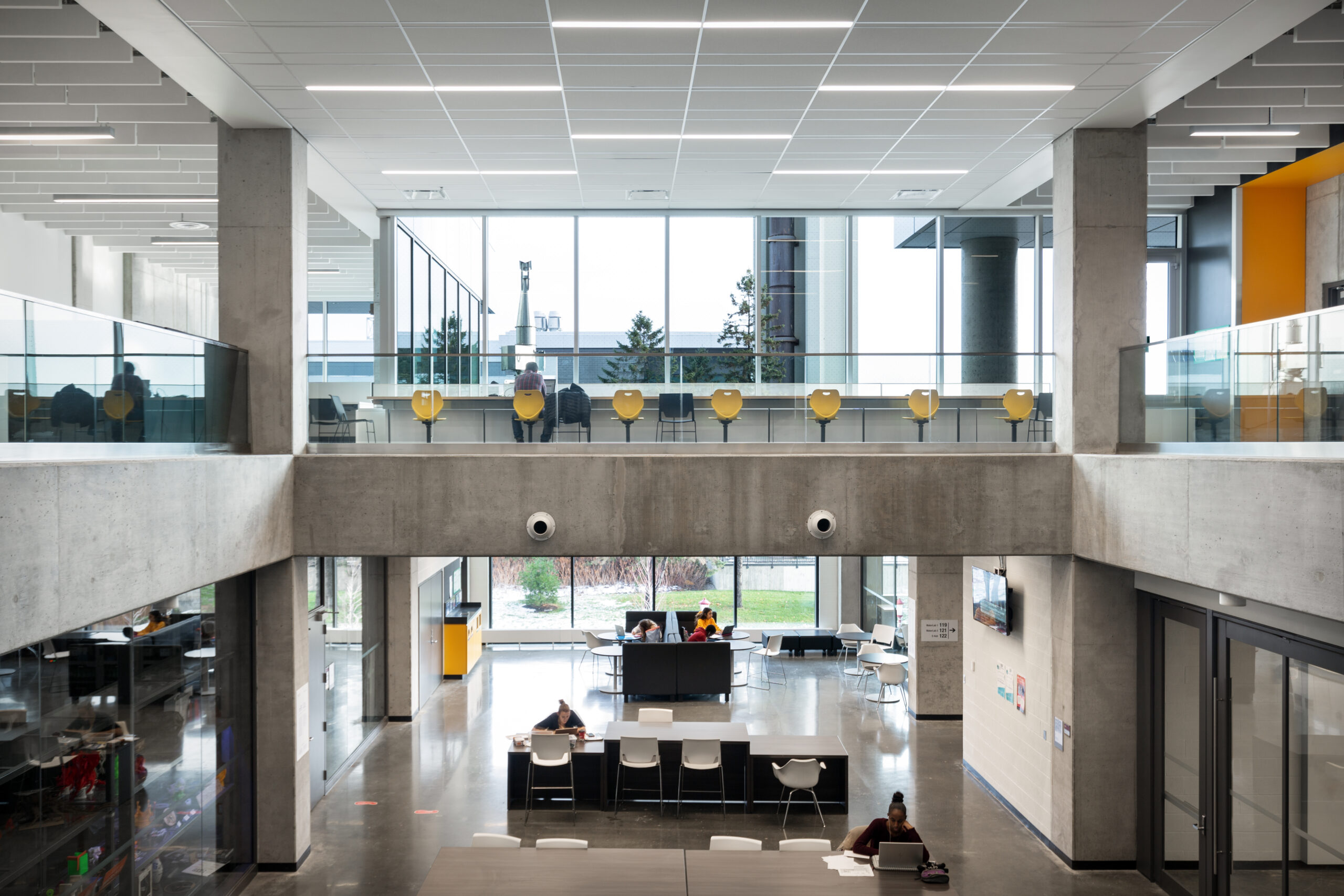







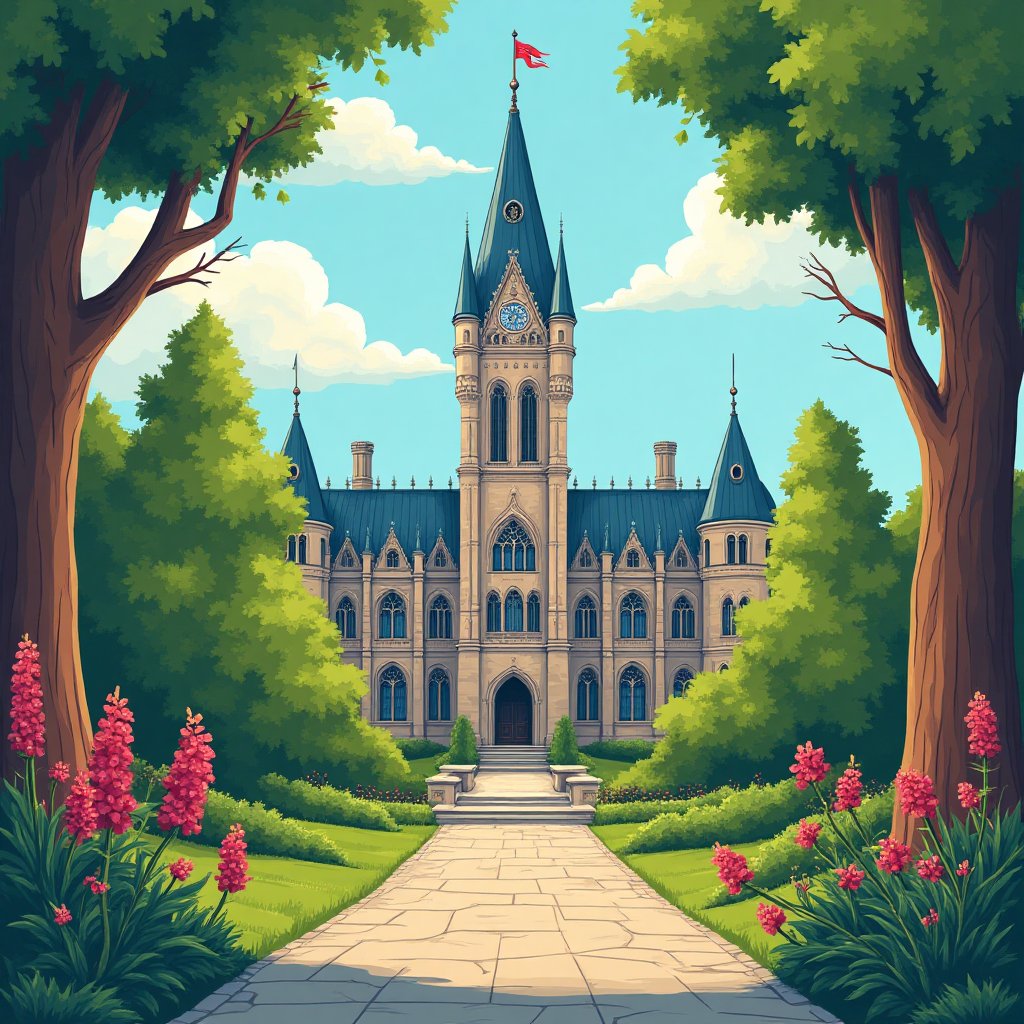

















1 comment